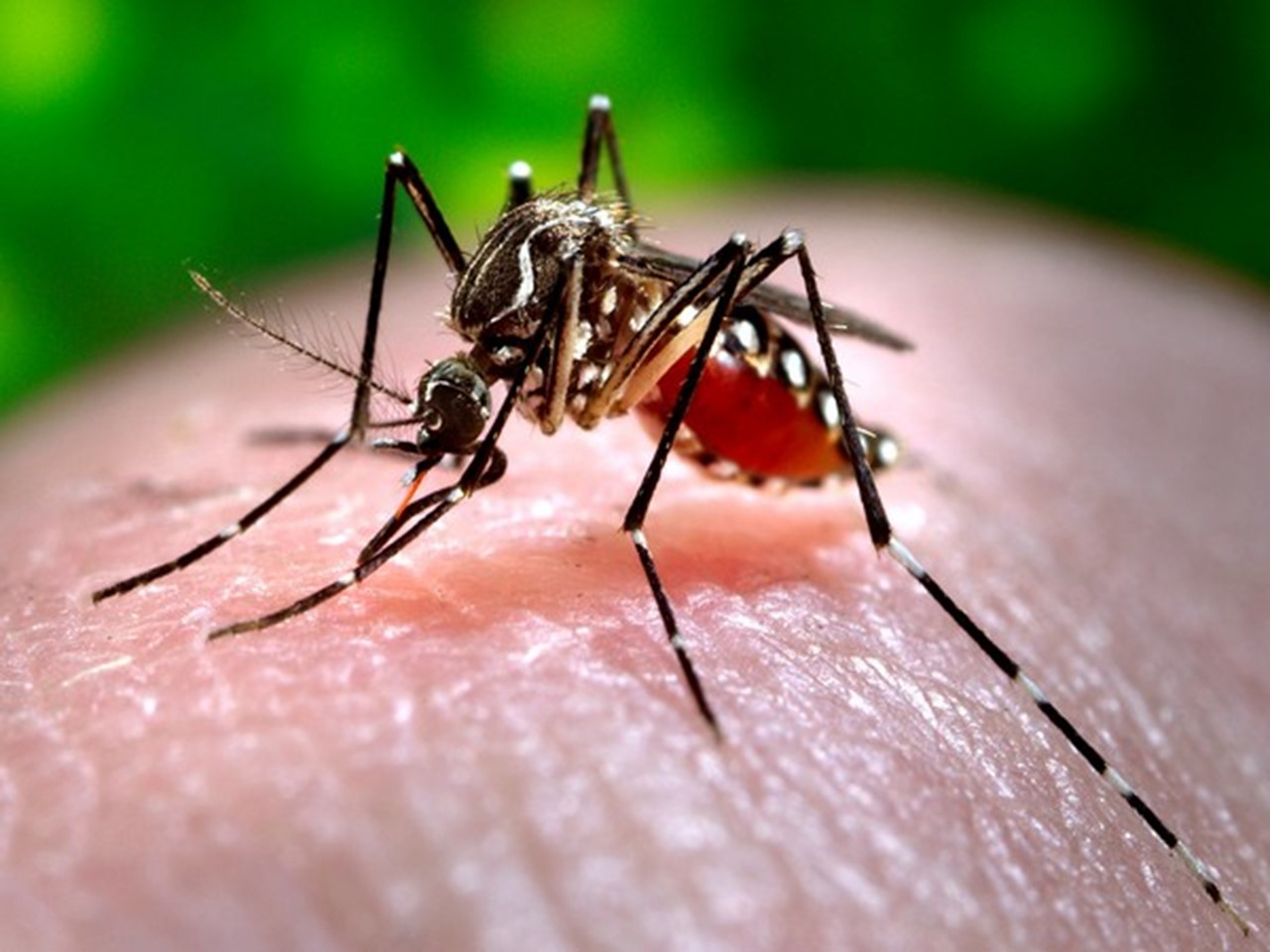Following is a summary of current health news briefs.
Dengue will ‘take off’ in southern Europe, US, Africa this decade, WHO scientist says
Dengue fever will become a major threat in the southern United States, southern Europe and new parts of Africa this decade, the WHO’s chief scientist said, as warmer temperatures create the conditions for the mosquitoes carrying the infection to spread. The illness has long been a scourge in much of Asia and Latin America, causing an estimated 20,000 deaths each year. Rates of the disease have already risen eight-fold globally since 2000, driven largely by climate change as well as the increased movement of people and urbanization.
US FDA still not satisfied with Philips recall; stock falls over 9%
The U.S. Food and Drug Administration (FDA) said it is still not satisfied with how Dutch healthcare technology company Philips has handled a major product recall and the company should conduct additional risk testing. Its shares fell 9.6% to 16.81 euros at 0726 GMT on Friday.
Walgreens pharmacy employees plan walkout at US stores, CNN reports
Pharmacy employees at some U.S. Walgreens stores, including pharmacists, technicians and support staff, plan a walkout between Monday and Wednesday, CNN reported on Friday, citing an organizer. Some employees plan to walk out for one day, while others expect to close their pharmacies for all three, the network said, citing employees in three states.
Bird flu infects commercial US poultry flock for first time since April
The U.S. has detected its first case of avian flu on a commercial poultry farm since April, in a flock of 47,300 turkeys in Jerauld County, South Dakota, the U.S. Department of Agriculture (USDA) said. Infected flocks are culled to prevent the spread of the virus, potentially tightening the poultry meat and egg supply if more cases occur.
GSK raises $1.1 billion from Haleon stake sale
British drugmaker GSK on Friday said it raised 885.6 million pounds ($1.08 billion) from a discounted stake sale in Haleon, cutting its shareholding to 7.4% in the world’s largest standalone consumer healthcare firm. GSK had earlier said that the Haleon spin-off and subsequent stake sales will allow the company to sharpen its focus on vaccines and infectious diseases and also fund deals to bolster a lacklustre drug pipeline.
Judge lets Oklahoma ban on gender treatments for minors take effect
A federal judge in Oklahoma has allowed a state law banning gender-affirming care for transgender minors to take effect, adding to a growing split among courts on whether such laws can be enforced. Gender-affirming care includes puberty blockers, hormones and surgery.
Kaiser healthcare workers’ 3-day strike winds down, parties agree to more talks
A 72-hour strike by 75,000 healthcare workers against Kaiser Permanente drew to a close on Friday as both sides in the labor dispute agreed to resume stalled contract talks next week while union officials warned of possible further walkouts to come. Acting U.S. Labor Secretary Julie Su, who played a role as mediator during an all-night negotiating session last week, will return to California to “assist the parties in advancing talks” when they return to the bargaining table next week, the Labor Department announced.
Nestle shares at two-year low as investors weigh Wegovy rollout
Nestle shares were under pressure on Friday as investors weighed the potential impact of Novo Nordisk’s blockbuster weight-losing drug Wegovy and how it could reduce spending on food. The KitKat and Nescafe coffee maker’s shares were down 2% and headed for their lowest level in more than two years. The pan-European food, beverage, and tobacco index fell 1.7%.
(With inputs from agencies.)
Source link
credite

